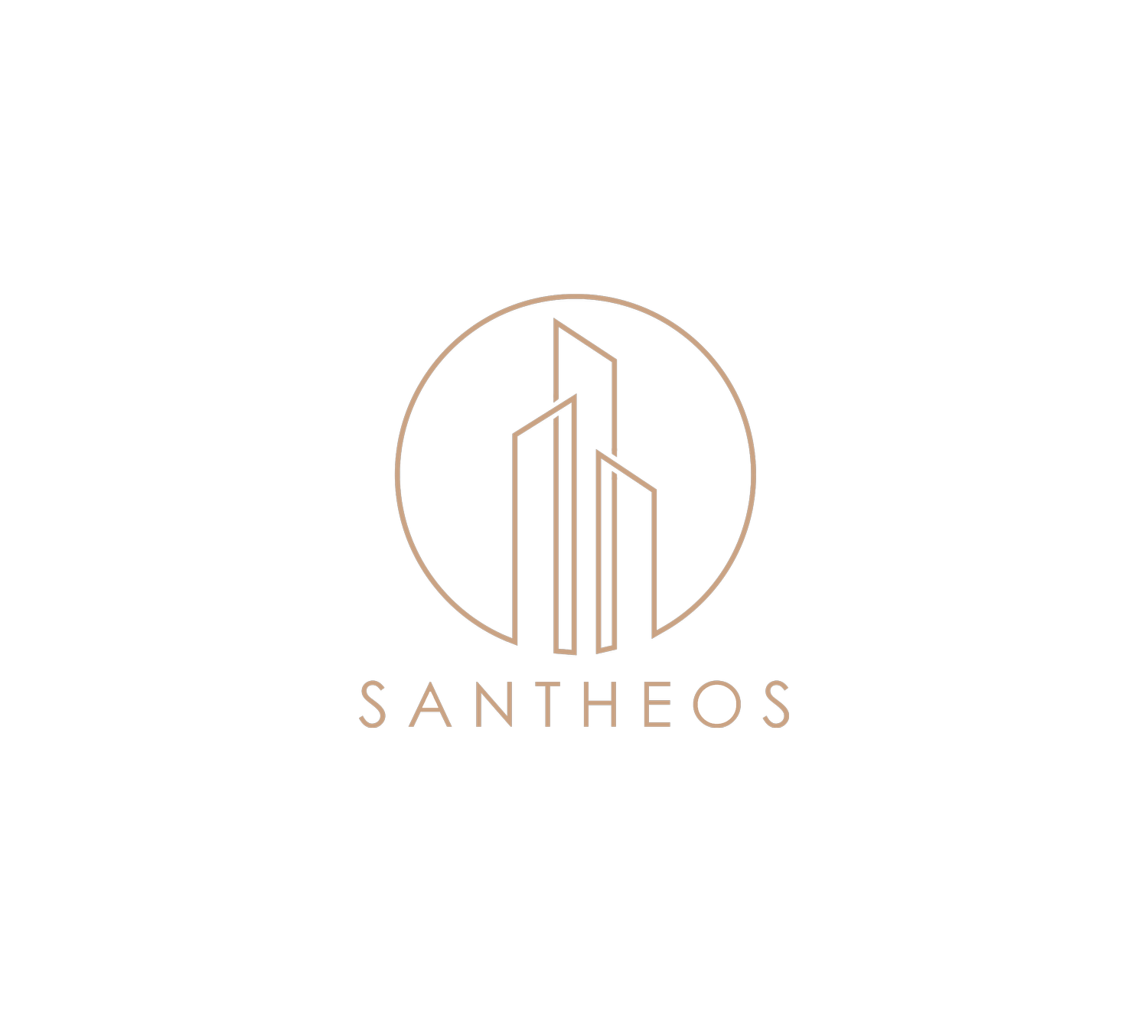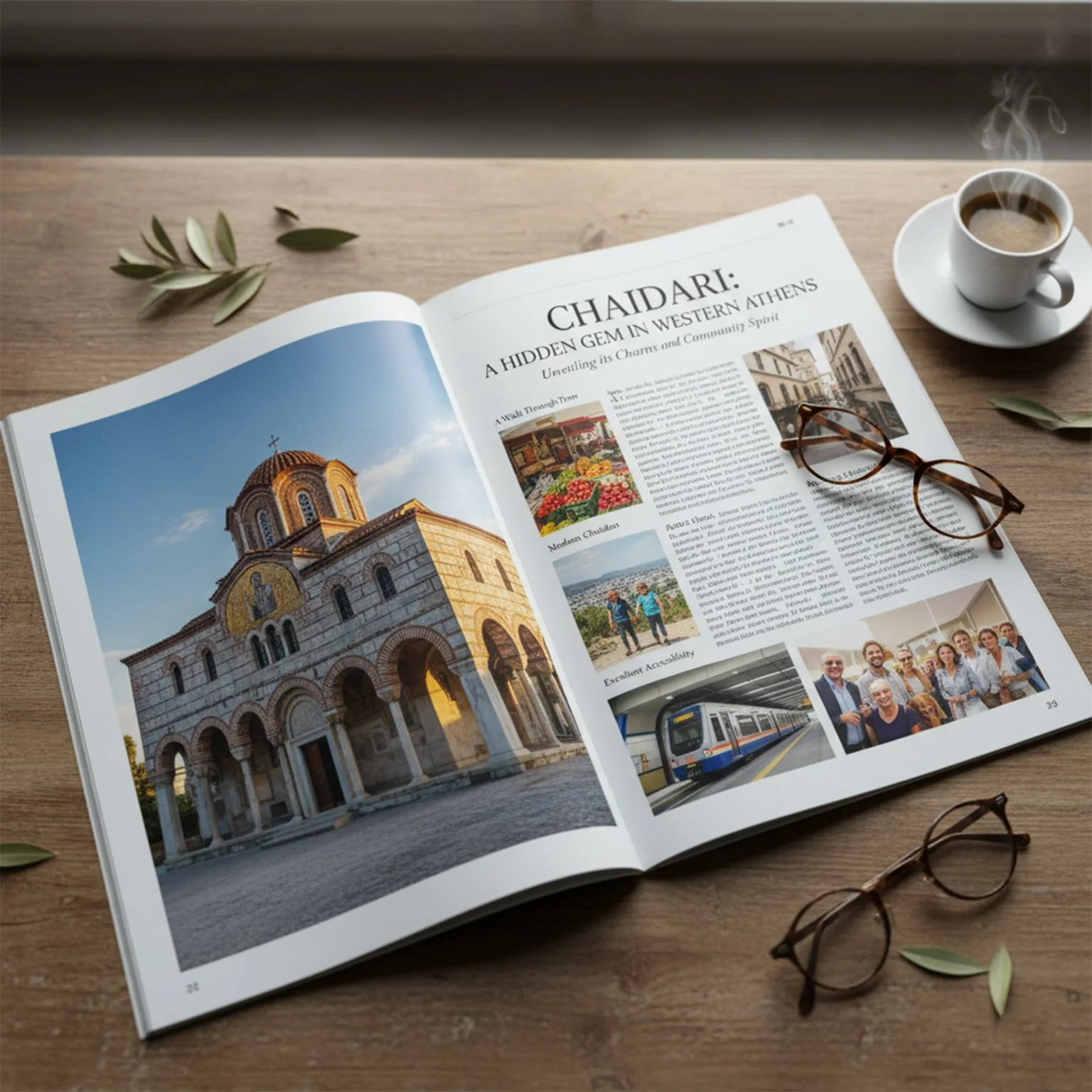Chaidari: A Hidden Gem in Western Athens – Unveiling its Charms and Community Spirit
Often overshadowed by its more central Athenian counterparts, Chaidari emerges as a vibrant and increasingly desirable municipality in Western Attica. Far from a mere suburb, Chaidari offers a compelling blend of historical depth, natural beauty, and a strong community ethos that makes it a fantastic place to live and explore. Let's dive into what makes Chaidari shine, from its rich past to the welcoming profile of its residents.
A Walk Through Time: Chaidari's Enduring Legacy
Chaidari's history is as diverse as it is long, offering fascinating glimpses into different eras.
Ancient Echoes & Byzantine Splendor: While evidence of ancient habitation dots the landscape, it's the Dafni Monastery (Μονή Δαφνίου)
that truly anchors Chaidari in history. This 11th-century Byzantine masterpiece, a UNESCO World Heritage site, is a breathtaking example of Byzantine art and architecture, renowned for its exquisite mosaics. Its presence reminds us of Chaidari's enduring spiritual and cultural significance through the centuries.A Strategic Crossroads: Throughout its history, Chaidari has been strategically important due to its location. This led to its name during the Ottoman period, believed to be after Haydar Pasha, who owned significant estates here. This period saw Chaidari as a rural, agricultural area, providing a pastoral contrast to the growing city of Athens.
The Modern Chaidari: A Thriving Community Profile
Today, Chaidari is a dynamic municipality of around 47,000 residents, boasting a compelling profile that makes it a truly attractive place to call home.
A Strong Sense of Community: One of Chaidari's greatest assets is its palpable sense of community. This isn't just a collection of houses; it's a neighborhood where people know each other, support local businesses, and participate in community events. This close-knit atmosphere is a rare and cherished quality in a large urban environment.
Affordable and Family-Friendly: Compared to central Athens or the affluent northern and southern suburbs, Chaidari generally offers more affordable housing options, making it an excellent choice for families and young professionals. The presence of numerous schools, parks, and recreational facilities further solidifies its reputation as a family-friendly area.
Excellent Accessibility: Connectivity is key in Athens, and Chaidari delivers. With the Agia Marina Metro Station
providing direct access to the city center and other key areas, commuting is a breeze. Major avenues and bus routes further enhance its accessibility, ensuring residents are well-connected to the rest of Attica.Green Spaces and Natural Beauty: Escaping the urban sprawl is easy in Chaidari. The municipality borders the beautiful Poikilo Oros (Mount Poikilo)
, offering residents incredible opportunities for hiking, biking, and enjoying nature. The presence of numerous local parks and green areas within the urban fabric provides much-needed pockets of tranquility and places for outdoor activities.Vibrant Local Economy: Chaidari boasts a bustling local market, with a wide array of shops, cafes, tavernas, and services. This not only supports local entrepreneurs but also means residents have everything they need right on their doorstep, fostering a self-sufficient and lively local economy.
Cultural Hub with Historical Significance: Beyond the Dafni Monastery, Chaidari hosts various cultural events and community initiatives. Its historical sites are not just relics but active parts of the community's identity, providing educational opportunities and a sense of pride.
Diverse and Welcoming Population: Chaidari's history of welcoming newcomers has resulted in a diverse and open-minded population. This blend of long-standing families and newer residents, including those from various international backgrounds, creates a rich cultural tapestry and a welcoming environment for all.
Find out our Golden Visa in Chaidari area
Project Athinon – Golden Visa Apartments in Chaidari, Athens Greece | From €250,000 — SANTHEOS

